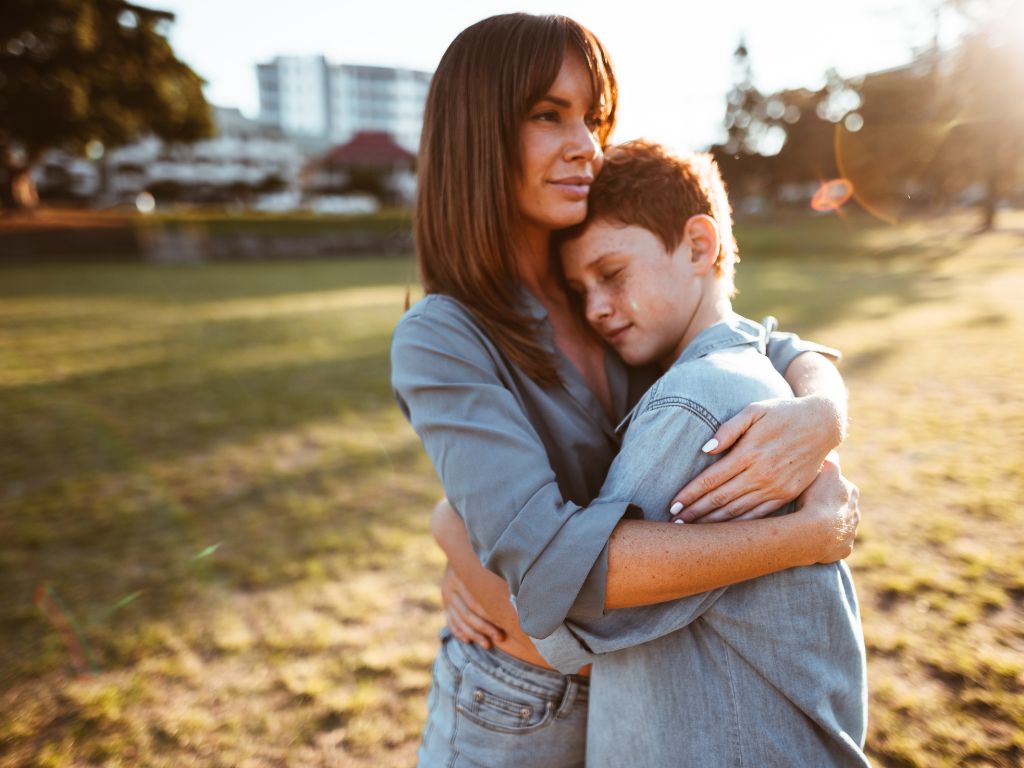Updated: Calls to the Child Abuse and Neglect Hotline System drop by more than 45% during COVID-19

In order to slow the spread of the Coronavirus, schools have taken classes online and Governor Polis issued a stay-at-home order. These public health measures ensure that all Colorado kids will be out of their schools until at least the fall.
Teachers, school staff and child care providers are mandatory reporters of child abuse and neglect, and they make up a significant percentage of calls to the Colorado Child Abuse and Neglect Hotline system (844-CO-4-Kids). With schools closed for the next month, it is more important than ever that people in Colorado who are concerned about a child or family make the call to Colorado’s Child Abuse and Neglect Hotline.
Last school week (May 11-15, 2020), the statewide hotline system received 2,671 calls. During the same school week in May 2019, the statewide hotline system received 4,532 calls.
Call volume continues to decrease since the beginning of March 2020, before schools closed and Governor Polis issues a statewide stay-at-home order.
- Week of 3/2-3/6 – 4,839 calls
- Week of 3/9-3/13 – 4,426
- Week of 3/16-3/20 – 2,435 (first week for many school closures)
- Week of 3/23-3/27 – 2,395
- Week of 3/30/-4/3 – 2,461 calls
- Week of 4/6-4/10 – 2,556 calls
- Week of 4/13 – 4/17 – 2,537 calls
- Week of 4/20 – 4/24 – 2,780 calls
- Week of 4/27 – 5/1 – 2,443 calls
- Week of 5/4 – 5/8 – 2,873 calls
- Week of 5/11 – 5/15 – 2,671 calls
“We are concerned about this significant drop in calls, particularly because children and youth who may be experiencing abuse and neglect are now home all day and isolated,” Minna Castillo Cohen, director of the Office of Children, Youth and Families said. “While schools are closed, it is even more important that everyone call 844-CO-4-Kids if they are concerned about the safety and well-being of a child or youth. If there is an immediate threat, dial 911.”
This drop in calls is attributed, in part, to teachers, school staff and child care providers no longer seeing children. A significant percentage – nearly 40% last month – of calls to the Child Abuse and Neglect Hotline System come from this group of mandatory reporters.
“Without these mandatory reporters of child abuse and neglect seeing children, we need the entire community to be our eyes and ears and make the call,” Minna said.
Risk factors for child abuse and neglect include social isolation, family stress, parenting stress, financial uncertainty and insecurity, and the absence of child care or school. Families are facing an increase in all of these factors at this time due to the pandemic and the physical distancing in place to slow the spread of the coronavirus.
How can we help each other?
The best way to prevent child abuse and neglect is to strengthen families.
When we can’t be there in person, try to remain connected online. This means using Skype, FaceTime or Google Hangouts to video chat. Pick the phone and call your friends and family. Chances are they want to talk with you, too.
Read a story on FaceTime to the kids who you would normally see at a playdate. When the weather is nice, get outside with the kids in the neighborhood to play with chalk or play hide-and-seek … just remember to stay six feet apart.
During this time, it’s important that parents take care of themselves, remain hopeful and ask for help when they need it.
It’s also important to take time to really enjoy your child and what you like about parenting. Don’t allow stress to get in the way of providing loving care for your child.
This moment is tough, but it isn’t the only stressful situation a parent will ever experience. It’s important to have a plan for future parenting challenges so you can weather the next storm, too.
How is the Coronavirus impacting state and local child welfare services?
County caseworkers continue to assess the safety and well-being of children and youth about whom we receive concerns about through the hotline. These assessments are required by statute.
COVID-19 has not impacted this process nor the time in which caseworkers are required to respond.
CDHS Division of Child Welfare staff have increased our contacts and technical support for counties during this time and have hosted several conference calls to review guidance.
This blog post will be updated as new data is available.
Media Inquiries
madlynn.ruble@state.co.us
More Posts







